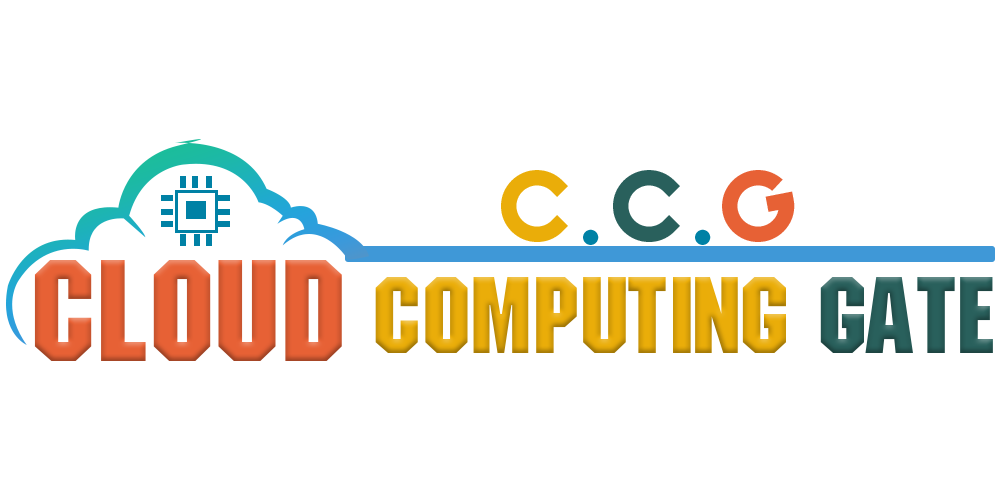Disadvantages of Cloud Computing
The Disadvantages of Cloud Computing: Navigating the Storms in the Digital Sky
Cloud computing has revolutionized the way businesses and individuals store, access, and manage data. The cloud’s scalability, flexibility, and cost-effectiveness have made it a go-to solution for a wide range of applications. However, despite its numerous advantages, cloud computing is not without its drawbacks. In this article, we will explore the disadvantages of cloud computing and discuss the challenges that organizations and users may face in the digital realm.
Disadvantages of Cloud Computing
Security Concerns
One of the most significant disadvantages of cloud computing is the persistent concern about data security. When organizations entrust their sensitive information to third-party cloud service providers, they relinquish a degree of control over the security measures protecting that data. Cybersecurity threats, such as data breaches and unauthorized access, pose a constant risk, and high-profile incidents have raised skepticism about the cloud’s ability to safeguard critical information.
Data Privacy and Compliance
As data regulations become more stringent globally, organizations must adhere to various compliance standards to protect user privacy. Cloud computing often involves the storage and processing of data across borders, making it challenging to ensure compliance with regional and international privacy laws. Navigating the intricate web of regulations, such as the General Data Protection Regulation (GDPR) in Europe, can be a complex and resource-intensive task for businesses relying on cloud services.
Disadvantages of Cloud Computing
Downtime and Reliability
Despite the advancements in cloud technology, service outages and downtime remain inevitable. Cloud service providers, though striving for high availability, can still experience disruptions due to technical issues, maintenance, or even cyberattacks. When critical applications and services are hosted in the cloud, any downtime can result in significant financial losses, damage to reputation, and disruptions to business operations.
Dependency on Internet Connectivity
Cloud computing heavily relies on a stable and robust internet connection. Users and organizations alike may encounter difficulties accessing their data or applications if they face internet connectivity issues. In areas with unreliable or slow internet connections, the efficacy of cloud services is compromised, potentially hindering productivity and creating dependency-related challenges.
Disadvantages of Cloud Computing
Limited Customization and Control
While cloud services offer flexibility, they often come with limitations regarding customization and control. Users may find themselves constrained by the provider’s infrastructure and service offerings. This lack of control can be problematic for businesses with specific requirements or those needing to adhere to industry-specific regulations that demand a higher degree of customization and control over their IT environment.
Costs Over Time
Although cloud computing is often touted as a cost-effective solution, the long-term expenses can add up. While pay-as-you-go models initially seem appealing, organizations may find that as their usage increases, so do their costs. Additionally, unforeseen expenses may arise from data transfer fees, premium support, and additional services. Without careful monitoring and management of cloud resources, organizations may find themselves facing unexpected financial burdens.
Disadvantages of Cloud Computing
Data Transfer Bottlenecks
Uploading and downloading large volumes of data to and from the cloud can be time-consuming and bandwidth-intensive. The latency and potential bottlenecks in data transfer can impact application performance and user experience, particularly for organizations dealing with massive datasets or real-time processing requirements. This is a critical consideration for applications where low latency is imperative, such as in financial transactions or healthcare systems.
Vendor Lock-In
Choosing a cloud service provider often means committing to that provider’s ecosystem, tools, and standards. Switching providers can be a complex and costly process due to the potential incompatibility of services and data formats. This vendor lock-in can limit an organization’s flexibility and hinder their ability to leverage innovations and competitive pricing from other providers.
Disadvantages of Cloud Computing
Conclusion:
While cloud computing undeniably offers a plethora of benefits, it is essential to recognize and address its inherent disadvantages. Security concerns, data privacy challenges, reliability issues, and the potential for unexpected costs are crucial aspects that organizations must carefully consider before fully embracing cloud solutions. Striking a balance between the advantages and drawbacks of cloud computing is crucial for a successful and secure digital journey in an increasingly interconnected world.
Disadvantages of Cloud Computing




Comments
0 comments